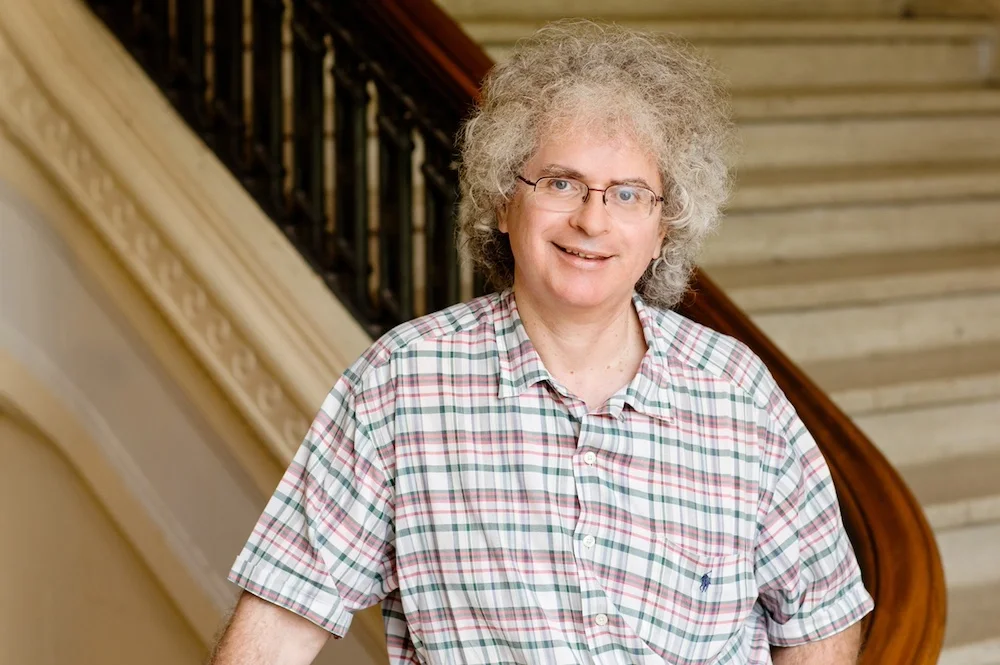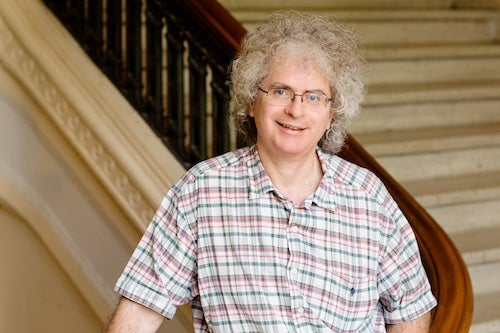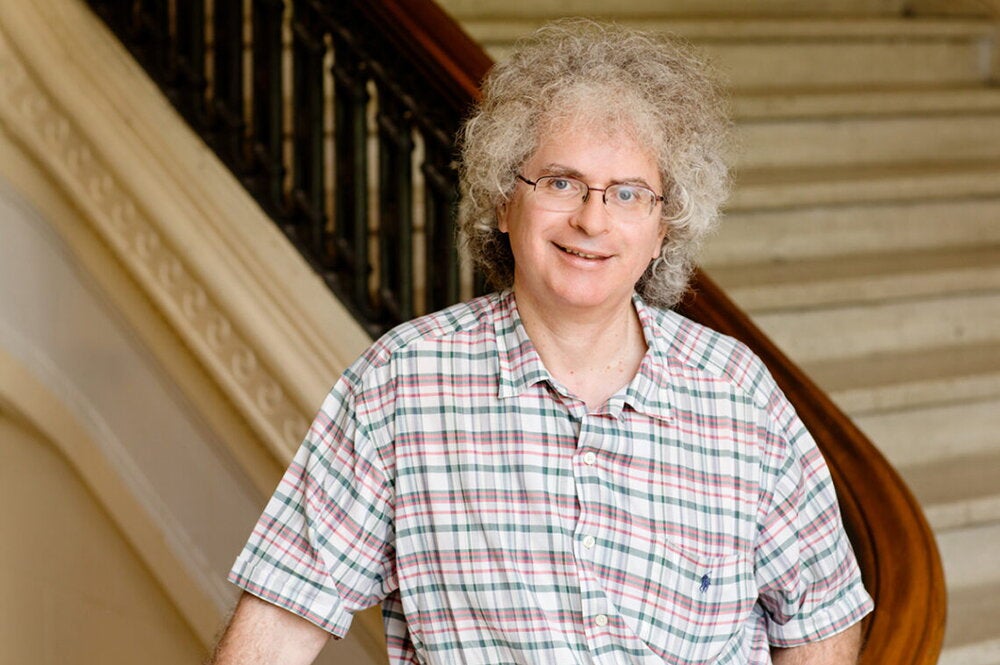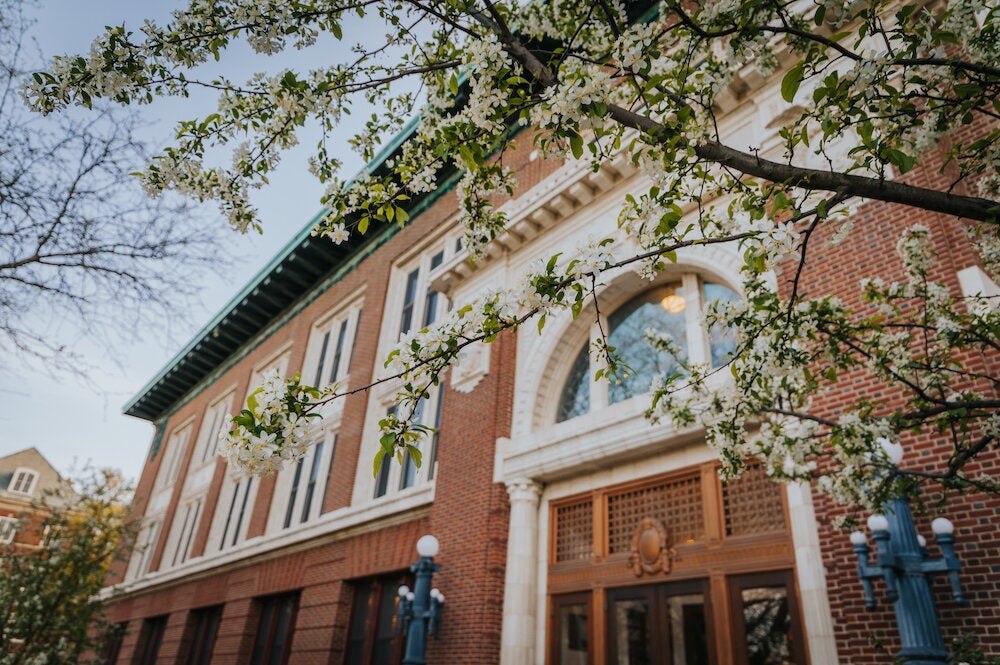

Russian opposition leader Aleksei Navalny died Feb. 16 while serving time in a remote Arctic prison. Navalny was the main political opponent of Russian President Vladimir Putin and an anticorruption activist who survived being poisoned in 2020, which many believe was a state-ordered assassination attempt. He was serving multiple prison sentences on what were widely considered trumped-up charges. Western leaders have blamed Putin for Navalny’s death. Slavic languages and literatures professor Richard Tempest – an expert on Putin and on Russian society – spoke about Navalny’s death with News Bureau arts and humanities editor Jodi Heckel.
Did you expect that Navalny was likely to die in prison?
That was always the danger because the Russian prison system is exceptionally harsh. Everything is speculation, including the actual cause of death. The Russian authorities have yet to produce the body and make it available to the family. As well as being cruel, this is also suspicious.
It was not just reasons of state that led to this outcome, but the deeply personal, mutual dislike, even hatred, between the two men, Putin and Navalny. We know, of course, that there had been an attempt previously on Navalny’s life. By returning to Russia, he showed tremendous personal courage. It was a high-stakes gamble. In the short run, the gamble didn’t pan out.
How will this affect the opposition movement in Russia? Will it create a groundswell of resistance against Putin?
Navalny was the recognized leader of the anti-Putin movement. One must be clear, however, that this comprises a small minority of the country’s population. Russia is an authoritarian state with no rule of law and harsh penalties for those who openly confront the government. Most people are not in political opposition to the regime. Opposition activists may be admired in the West, but they are not representative of broad popular opinion. The population as a whole is pretty apathetic. Many Russians are grateful for the substantial rise in living standards during the first two-thirds of Putin’s reign. Even today, life for most people is far better than it ever was in the 1990s, let alone under the Soviets.
Navalny possessed a unique ability to unite into a coalition figures from the left and right, including the hard right. Thanks to his charisma and media skills, he succeeded in setting the agenda of the opposition and becoming its public face, including in the eyes of Western leaders and opinion-makers. Now that his unifying presence is gone, the groups subsumed into the Navalny movement may strike out on their own.
Who might take his place as an opposition leader?
Yulia Navalnaya, his widow, could become an extremely effective spokesperson, perhaps even a leader of the anti-Putin movement. She is a very impressive individual, with an arresting presence and a way with words, and she has the personal impetus to continue her husband’s course.
I’ve looked at her statements. Not only are they very emotional and proud and moving, but they also are clever in terms of PR. It’s difficult to forecast, but she appears to have the ability to translate this tragedy into a political position that could have real impact. Also, she’s now invulnerable. The authorities can’t touch her, because if they do, it would be a terrible blow to whatever credibility Putin’s system has left in the Western world.
What’s the future for Putin’s regime now that his most vocal opponent is gone?
As a historian and analyst of Russian society and culture, it’s fascinating to see how these two men of different generations tried to defeat one another as they engaged in a high-stakes power struggle. As Russia’s chief magistrate, Putin had far more tools at his disposal. Yet as a public actor and a charismatic presence, Navalny was more effective than Putin. He was a politician, whereas Putin is a potentate. Still, that very difference had fateful consequences for the opposition leader.
In the long run, we don’t know what will happen. The Putin system is reaching the end of its useful life, not because of some groundswell of anti-government feeling, or Western sanctions, or even difficulties in its war with Ukraine, but because the man in charge is in his 70s now. The regime is biologically contingent and therefore fragile. The abortive Prigozhin putsch of June 2023 showed that support for it is shallow, both among the elites and the population as a whole.
One thing I can tell you with a high degree of confidence is that there will be surprises in the next few months and years coming out of Russia.


